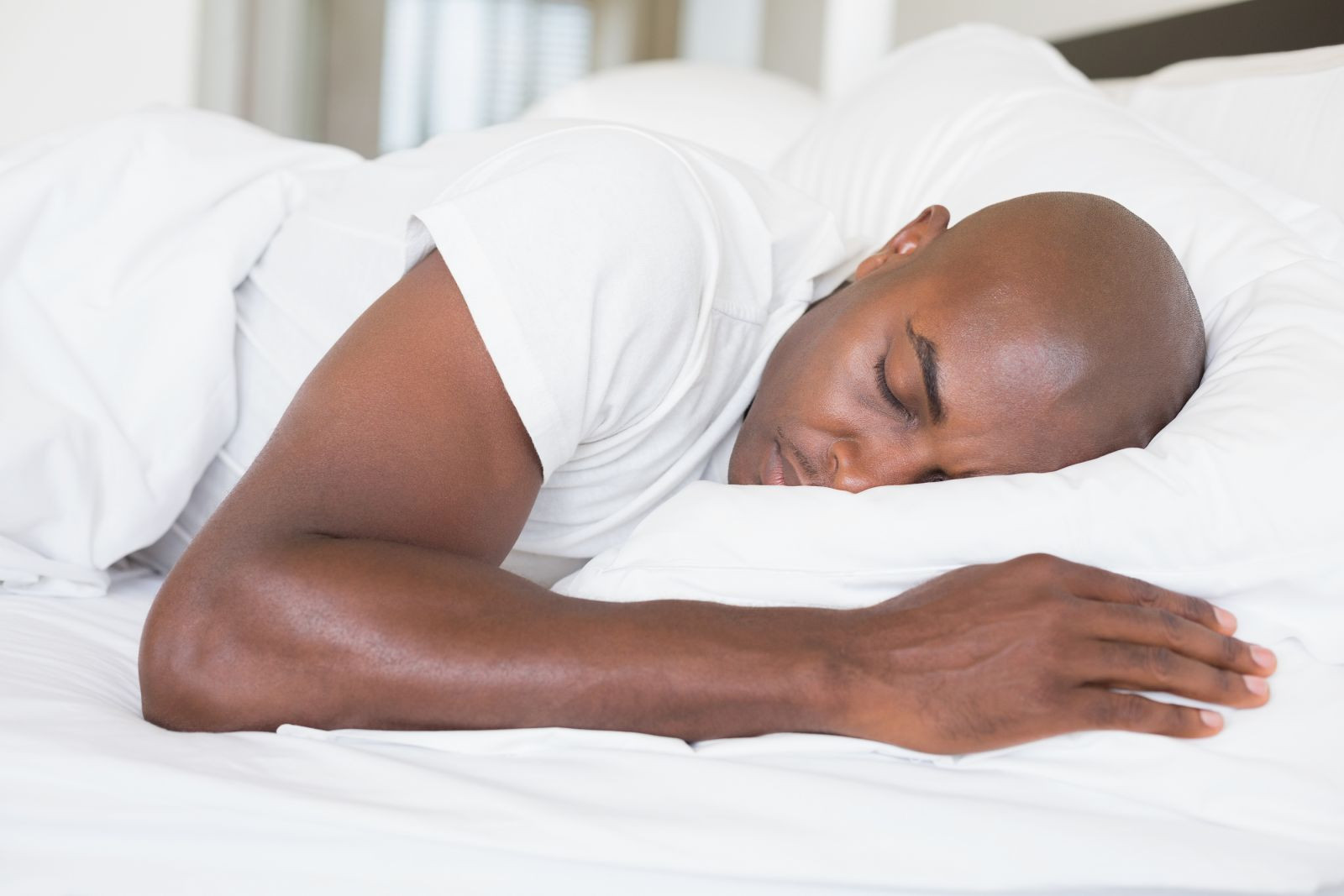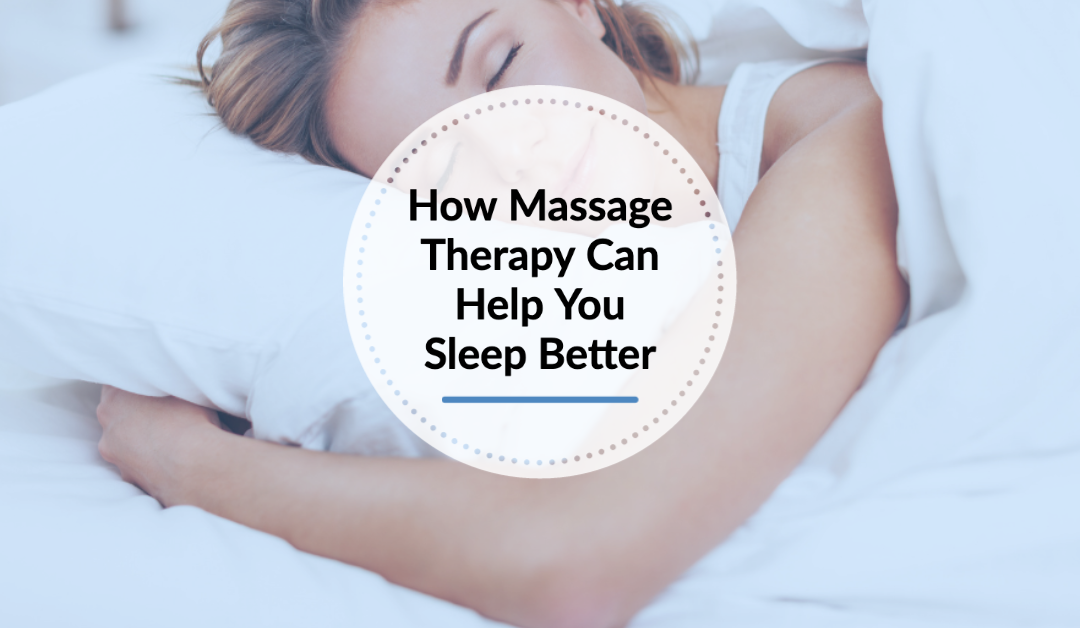Cognitive Behavioral Therapy for Insomnia (CBT-I) - Proven Approaches
Cognitive Behavioral Therapy for Insomnia (CBT-I) - Proven Approaches
Blog Article
Reliable Treatment Solutions for Taking Care Of Rest Disorders and Enhancing Relaxed Sleep
In the world of medical care, the management of rest disorders and the quest for relaxed sleep are essential parts of total health. Reliable treatment services use a multifaceted method to tackle these challenges, ranging from cognitive behavior interventions to holistic methods that promote leisure and mindfulness. The exploration of numerous approaches, consisting of the combination of medicine and light therapy, opens a world of opportunities in the search of far better sleep high quality. As we browse the elaborate landscape of rest conditions and seek to enhance our rest experience, a deeper understanding of these therapy options may hold the trick to opening a more relaxing and satisfying corrective journey.
Cognitive Behavior Modification for Sleep Problems (CBT-I)
Cognitive Behavioral Therapy for Sleeplessness (CBT-I) is a structured, evidence-based therapy approach that focuses on resolving the underlying variables adding to sleep disturbances. This kind of treatment aims to customize habits and ideas that worsen insomnia, eventually promoting healthy rest patterns. CBT-I normally involves several vital components, including cognitive therapy, sleep limitation, stimulation control, and sleep hygiene education.
Cognitive therapy helps individuals identify and alter negative idea patterns and ideas about sleep that may be preventing their capability to fall or stay asleep. Sleep restriction involves restricting the quantity of time invested in bed to match the person's actual sleep period, thereby increasing rest performance (insomnia specialist). Stimulus control techniques aid develop a solid association between the bed and rest by urging people to go to bed only when drowsy and to stay clear of participating in boosting activities in bed
Moreover, sleep health education concentrates on establishing healthy and balanced sleep practices, such as preserving a regular sleep schedule, developing a relaxing going to bed routine, and enhancing the sleep atmosphere. By addressing these aspects comprehensively, CBT-I supplies an efficient non-pharmacological intervention for handling sleeping disorders and boosting total sleep top quality.
Sleep Health Practices
Having developed the foundation of cognitive restructuring and behavior modifications in resolving sleeplessness with Cognitive Behavioral Therapy for Sleeplessness (CBT-I), the emphasis now changes towards checking out crucial Rest Health Practices for maintaining ideal sleep top quality and overall health.
Sleep health techniques encompass a variety of habits and ecological variables that can substantially influence one's ability to sleep and remain asleep throughout the evening. Consistent sleep and wake times, developing a relaxing going to bed regimen, and enhancing the rest setting by maintaining it dark, silent, and cool are critical components of good sleep hygiene. Limiting exposure to displays before going to bed, avoiding stimulants like high levels of caffeine close to going to bed, and engaging in regular exercise throughout the day can also promote much better rest top quality.
Moreover, practicing relaxation methods such as deep breathing workouts or meditation before bed can assist soothe the mind and prepare the body for sleep. By incorporating these sleep hygiene methods into one's day-to-day regimen, individuals can develop a healthy sleep pattern that sustains relaxed rest and total wellness.
Relaxation Strategies and Mindfulness
Executing relaxation strategies and mindfulness methods can play a critical role in fostering a sense of tranquility and promoting high quality rest. cognitive behavioral therapy for insomnia (CBT-I). These techniques intend to quiet the mind, reduce anxiety, and create an ideal environment for peaceful sleep. One widely exercised approach is deep breathing exercises, where people concentrate on slow, deep breaths to loosen up the mind and body. Dynamic muscle mass leisure involves tensing and after that launching each muscle team, advertising physical leisure. Furthermore, led imagery can assist carry individuals to a calm location in their minds, assisting in anxiety reduction and boosting rest top quality.
Mindfulness practices, web such as meditation and yoga, are also efficient in advertising leisure and improving sleep. Mindfulness urges people to remain existing in the moment, releasing fears concerning the past or future. By including these methods right into a going to bed routine, people can signify to their bodies that it is time to his explanation unwind and prepare for sleep. Generally, incorporating relaxation techniques and mindfulness practices can significantly contribute to handling sleep disorders and enhancing overall sleep quality.

Medication Options for Rest Disorders
After exploring relaxation methods and mindfulness techniques as non-pharmacological interventions for boosting sleep high quality, it is important to consider medication choices for people with rest disorders. In situations where way of life modifications and treatment do not give enough relief, medication can be a useful device in taking care of sleep disturbances.
Frequently recommended drugs for rest problems consist of benzodiazepines, non-benzodiazepine hypnotics, antidepressants, and melatonin receptor agonists. Benzodiazepines, such as diazepam, are sedatives that can aid generate rest, yet they are generally recommended for temporary usage as a result of the threat of dependancy. Non-benzodiazepine hypnotics like zolpidem are additionally made use of to deal with insomnia and have a lower danger of reliance compared to benzodiazepines. Antidepressants, such as trazodone, can be valuable for people with co-occurring clinical depression and rest disruptions. Melatonin receptor agonists, like ramelteon, target the body's natural sleep-wake cycle and can be handy for regulating rest patterns.
It is crucial for people to talk to a doctor to figure out the most appropriate medicine option based on their details sleep disorder and case history.
Light Treatment for Circadian Rhythm Guideline
Light treatment, likewise called phototherapy, is a non-invasive therapy technique used to manage circadian rhythms and boost sleep-wake cycles. This treatment includes direct exposure to bright light that resembles natural sunshine, which helps to reset the body's inner clock. By exposing people to details wavelengths of light, typically in Our site the morning or night relying on the preferred result, light therapy can successfully readjust the body clock to promote wakefulness throughout the day and enhance relaxed sleep at night.
Research has shown that light treatment can be specifically helpful for people with circadian rhythm problems, such as postponed sleep phase syndrome or jet lag. It can additionally be useful for those experiencing seasonal depression (SAD), a kind of anxiety that commonly occurs during the winter season when all-natural light direct exposure is decreased. Light treatment is typically well-tolerated and can be used along with various other treatment techniques for sleep disorders to maximize results and boost total rest top quality.
Final Thought
In verdict, reliable treatment remedies for taking care of sleep conditions and boosting peaceful sleep include Cognitive Behavior modification for Sleeplessness (CBT-I), sleep health practices, relaxation strategies and mindfulness, medicine options, and light therapy for circadian rhythm law. These methods can aid individuals enhance their rest top quality and total wellness. It is vital to talk to a medical care provider to identify one of the most appropriate strategy for attending to sleep issues.
As we browse the elaborate landscape of rest disorders and look for to improve our sleep experience, a much deeper understanding of these treatment solutions might hold the secret to opening an extra rejuvenating and satisfying corrective journey.
Rest constraint involves limiting the quantity of time spent in bed to match the person's actual rest period, consequently increasing rest efficiency. Constant rest and wake times, creating a relaxing bedtime regimen, and enhancing the rest atmosphere by keeping it dark, silent, and cool are vital parts of good sleep health. Light treatment is usually well-tolerated and can be made use of in conjunction with various other treatment methods for sleep problems to optimize outcomes and improve general rest top quality.

Report this page